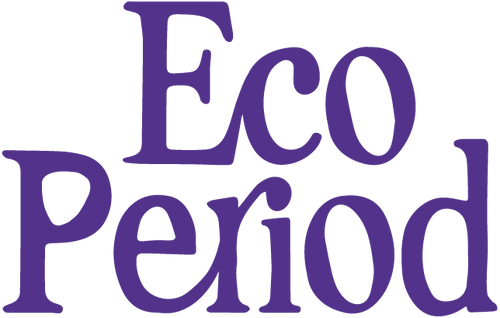Toxic Shock Syndrome (TSS) affects both men and women. TSS has been associated with individuals who have recently had surgery, soft tissue and bone infections, and insect bites, as well as people who have menstruated, used intra-uterine contraceptive devices, and used intra-vaginal contraceptive devices, menstrual cups and tampons.
Toxic Shock Syndrome is a rare though serious and sometimes fatal disease. If you experience the TSS symptoms below while using the Eco Cup menstrual cup, take it out and seek medical advice immediately.
We recommend you follow these steps to reduce your risk of developing TSS:
- Do not use any internal vaginal devices, including the Eco Cup, if you have been previously diagnosed with TSS
- Clean your Eco Cup thoroughly before using it for the first time and between periods, as described in the Usage Guide.
- Remove, wash and reinsert your Eco Cup at least every 4-8 hours during your period. This means that you will need to do this at least 3 times in 24 hours
- Wash your hands before and after handling your Eco Cup
SYMPTOMS OF TOXIC SHOCK SYNDROME
TSS symptoms often mimic flu and can include:
- sudden high fever
- vomiting
- diarrhoea
- dizziness
- fainting
- rash rather like sunburn during your period or some days after
A recent study by Patrick M. Schlievert, "Effect of non-absorbent intravaginal menstrual/contraceptive products on Staphylococcus aureus and production of the superantigen TSST-1", looked at various intra-vaginal period products, including tampons, diaphragms, menstrual discs and menstrual cups and found that whilst tampons carry some risk of producting TSS-1 super antigen (the bacteria that causes Toxic Shock Syndrome, menstrual cups did not produce TSS-1.




